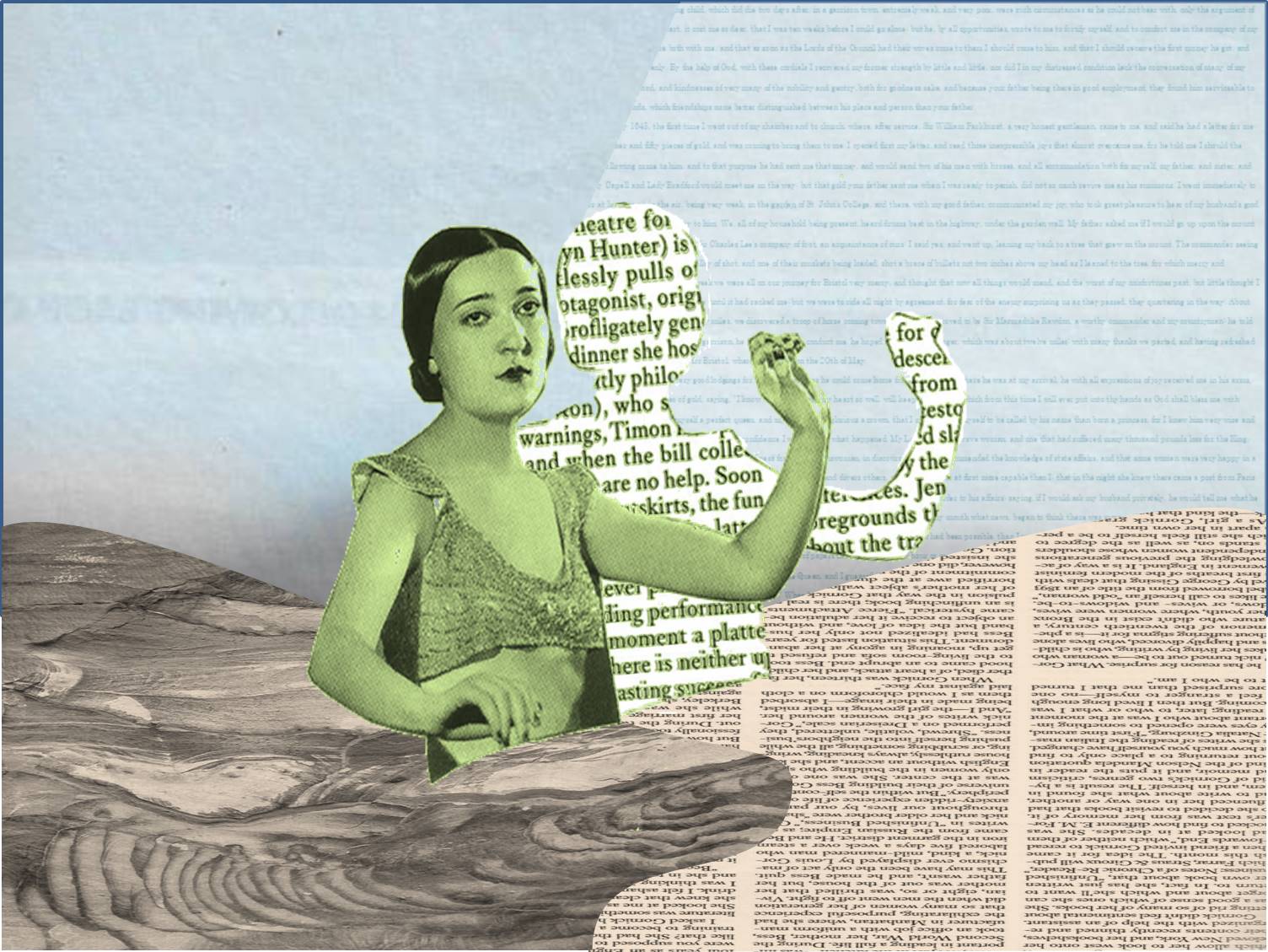Several weeks ago at the National Council of Teachers of English (NCTE) Annual Convention, I presented a paper titled “Othering the Self: The Potential Benefits of Assigning College Students to Write Personal Narratives from a Second Person Point of View.”
I intended to blog about my presentation immediately after the conference. But when I returned home, I knew something was wrong with me. I was in pain, walking with a limp, and my right leg was swollen. A visit to my doctor led to blood tests, which led to the phone call I received the next day at work from the doctor telling me that I should go straight to the emergency room. Forty-eight hours later, I had emergency surgery. But all of that is a subject for another post. I’m here now to tell you about the conference presentation.
My presentation represented my two years of experience assigning second-person writing in my classes and several months of research on the effects of second-person writing on both the writer and reader. It also comprises another step in my efforts to champion personal creative nonfiction as a legitimate literary genre.
As I’m writing this to you now, though, my mind goes back to the morning that I left work and went to the emergency room. I can’t help thinking about what happened to me. I can’t help trying to make sense of it.
Regarding my conference presentation, my research findings are straightforward and two-fold.
The emergency room doctor said I was in a life-threatening situation and needed to have surgery to increase my chances of survival. How could this be? A few days earlier, I was a healthy person, or so I thought. My body and I were on the same team. A symbiotic pair, aimed at living at least to the age that my mother had. Ninety-four. But now it appeared that my body had turned against me and was plotting my demise.
I lived through all of that, though, and I’m recovering beautifully now. So why am I dwelling on it to the point that I can’t tell you my straightforward two-fold findings? Why do the emergency, the surgery, the hospital stay, the brief sick leave, the determination to figure out how to recover my health keep intruding on my message to you?
Simply put, writing from a second-person point of view affords the writer distance from the experiences they narrate and a greater sense of closeness to the reader than first- or third-person point of view allows. Distance and closeness.
First, writers achieve emotional and rhetorical distance from emotionally charged subjects, allowing them to write about them more candidly and openly.
Second, writers create a greater sense of closeness to, sometimes even merger with, their reader. They become more aware of their reader’s potential responses to their writing. They create a kind of pact with the reader.
I’m determined to do whatever is within my power to fully recover from this health crisis and to live a long and productive life. During my recovery time, I developed a four-part strategy to promote long-term health. Of course I did. I developed a strategy. That’s what I do. I develop theories and create strategies. That’s how my mind works. I researched. I tried to find reliable information. Based on my findings, I determined what I should eat, how and how much I should exercise, how much weight I should lose, and how I can reduce stress in my life. None of this can hurt, I suppose, and it might help. It’s what I can do to feel in control. Feeling in control is what I lost in the emergency room that day.
My two-fold findings led me to formulate questions for further research. I ended my conference presentation with these questions.
- What if writers imagine their reading audience as a “you” that is specifically different from them in ethnicity, religion, socio-economic status, or sexual orientation, for instance? A cultural other?
- How would the narratives of writers who understand themselves to be marginalized be distinguished from those of the dominant culture?
- How might marginalized writers draw readers from the dominant culture into their world, allowing them to view experiences from their perspectives?
- How might writers from the dominant culture gain understanding and empathy by writing specifically to a “you” who is, from their perspective, an other?


Leave a comment